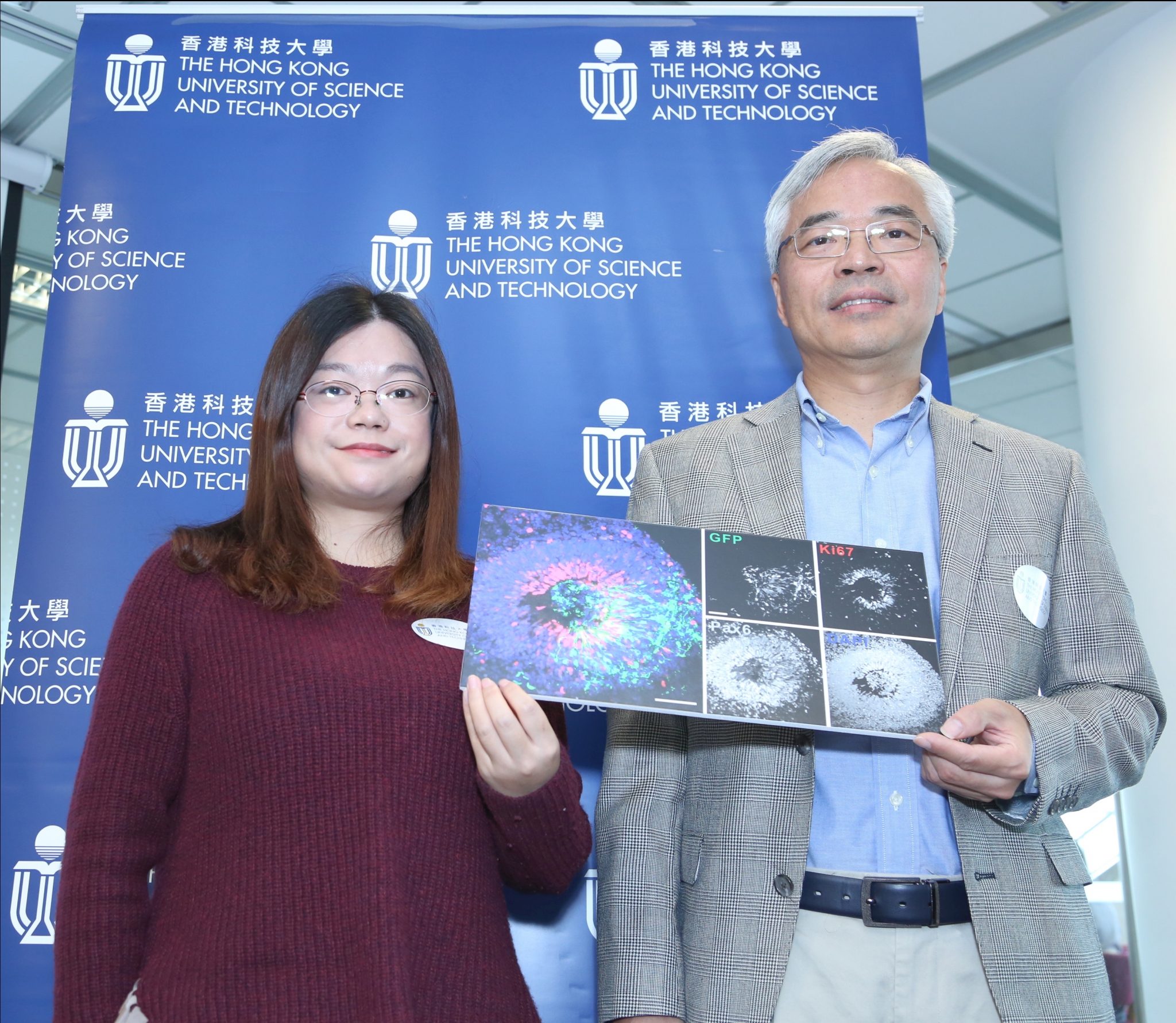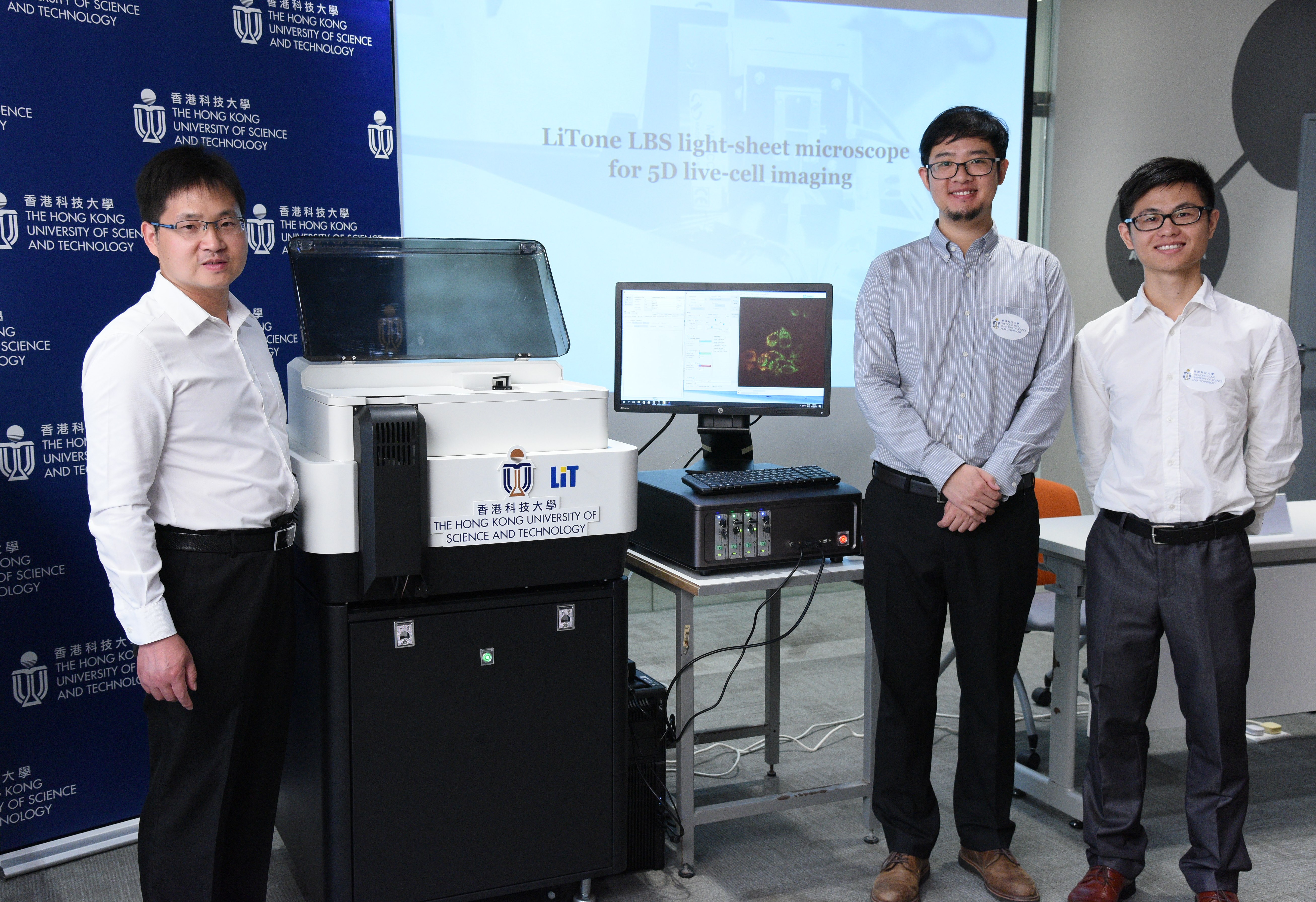An interdisciplinary team of scientists from The Hong Kong University of Science and Technology (HKUST) has discovered the mechanism of how human brains turn on and off neuronal activities, providing an important foundation to understand a wide range of neurologic conditions such as epilepsy, Parkinson's disease and ataxia-telangiectasia diseases.
“As with all things in life, healthy brain function depends on a balance of neuronal activities. We think of our brains as active - moving a leg and saying a word are all "active" events, but it is just as important that our brains be able to stop these actions,” said CHENG Aifang, a postgraduate student from the Division of Life Science who made the discovery under the guidance of the division’s head and Chair Professor Karl Herrup. “Yet it was not clear how our brains actually perform this go/stop function until now.” Read More...


